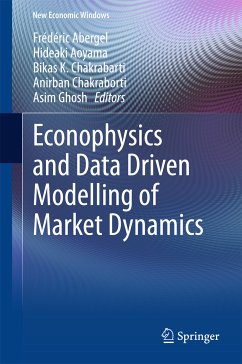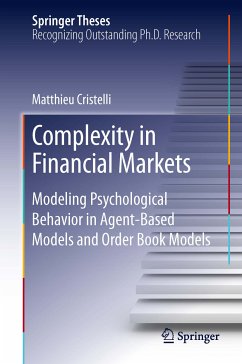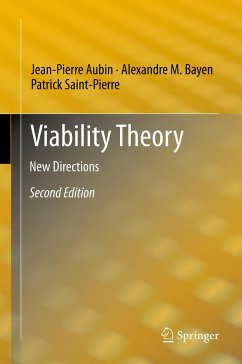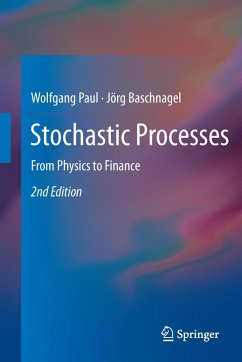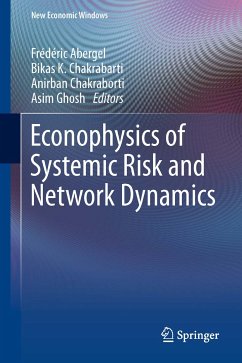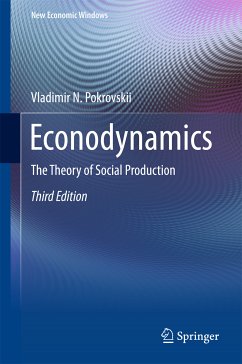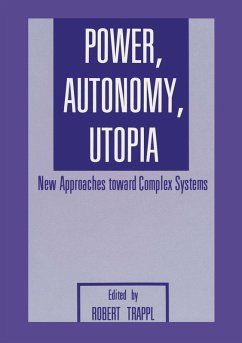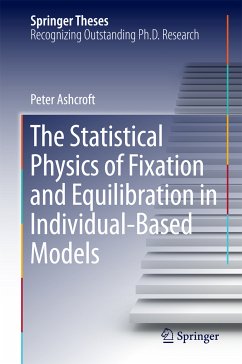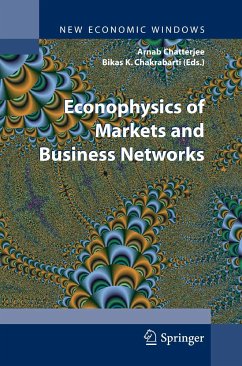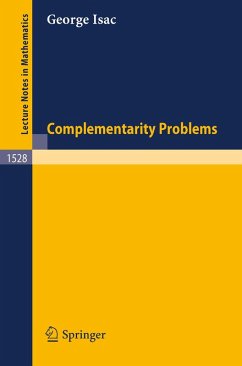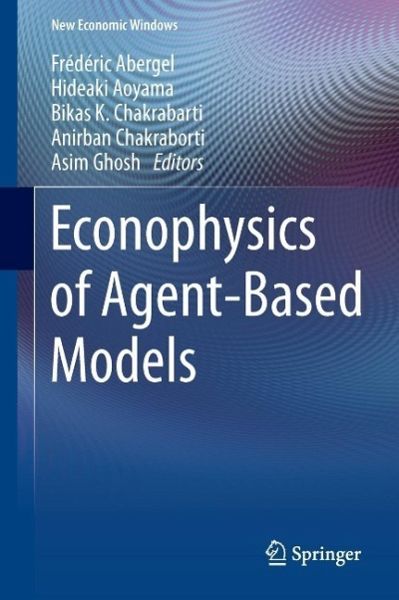
Econophysics of Agent-Based Models (eBook, PDF)

PAYBACK Punkte
56 °P sammeln!
The primary goal of this book is to present the research findings and conclusions of physicists, economists, mathematicians and financial engineers working in the field of "Econophysics" who have undertaken agent-based modelling, comparison with empirical studies and related investigations. Most standard economic models assume the existence of the representative agent, who is "perfectly rational" and applies the utility maximization principle when taking action. One reason for this is the desire to keep models mathematically tractable: no tools are available to economists for solving non-linea...
The primary goal of this book is to present the research findings and conclusions of physicists, economists, mathematicians and financial engineers working in the field of "Econophysics" who have undertaken agent-based modelling, comparison with empirical studies and related investigations. Most standard economic models assume the existence of the representative agent, who is "perfectly rational" and applies the utility maximization principle when taking action. One reason for this is the desire to keep models mathematically tractable: no tools are available to economists for solving non-linear models of heterogeneous adaptive agents without explicit optimization. In contrast, multi-agent models, which originated from statistical physics considerations, allow us to go beyond the prototype theories of traditional economics involving the representative agent. This book is based on the Econophys-Kolkata VII Workshop, at which many such modelling efforts were presented. In the book, leading researchers in their fields report on their latest work, consider recent developments and review the contemporary literature.
Dieser Download kann aus rechtlichen Gründen nur mit Rechnungsadresse in A, B, BG, CY, CZ, D, DK, EW, E, FIN, F, GR, HR, H, IRL, I, LT, L, LR, M, NL, PL, P, R, S, SLO, SK ausgeliefert werden.




